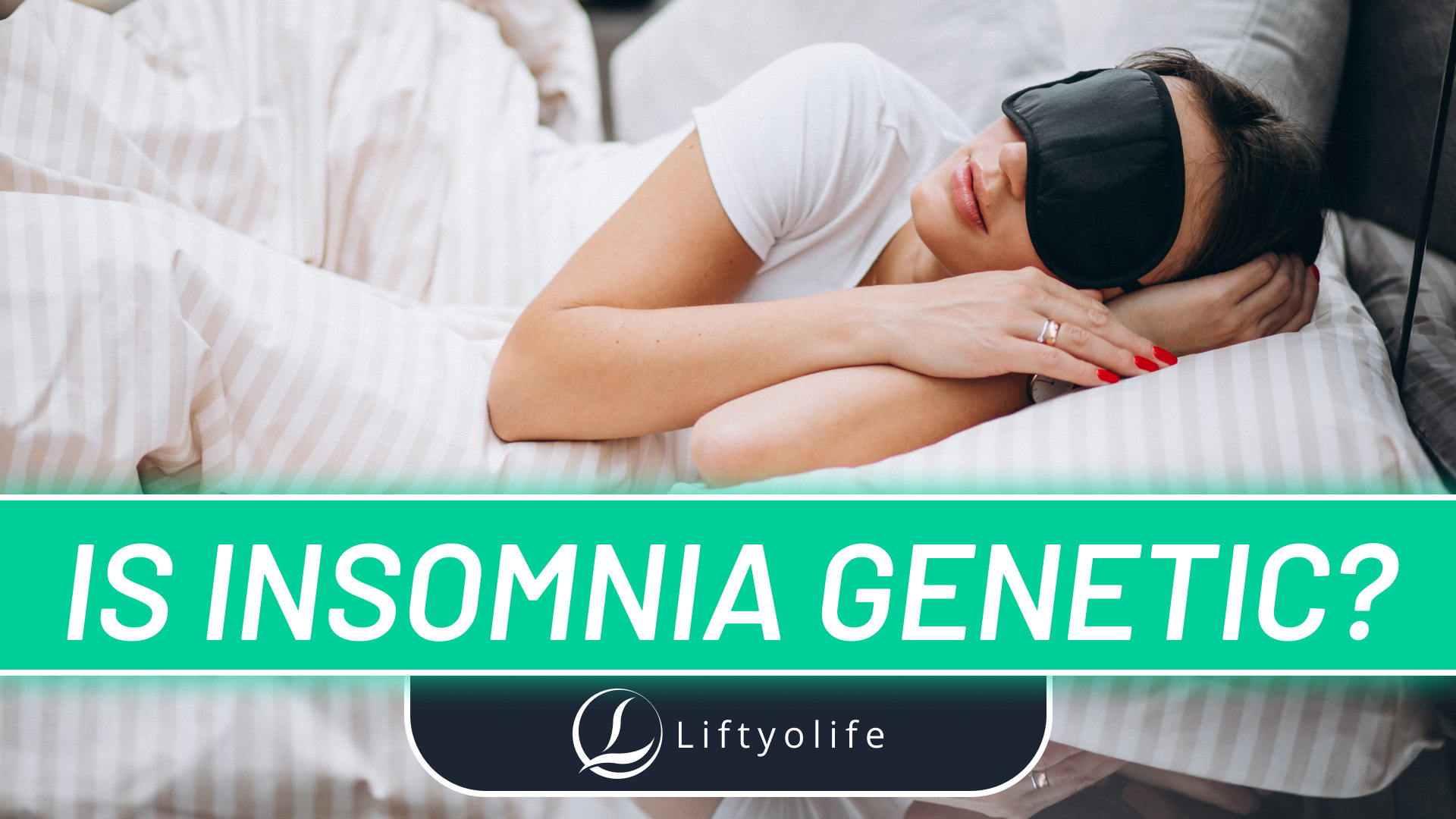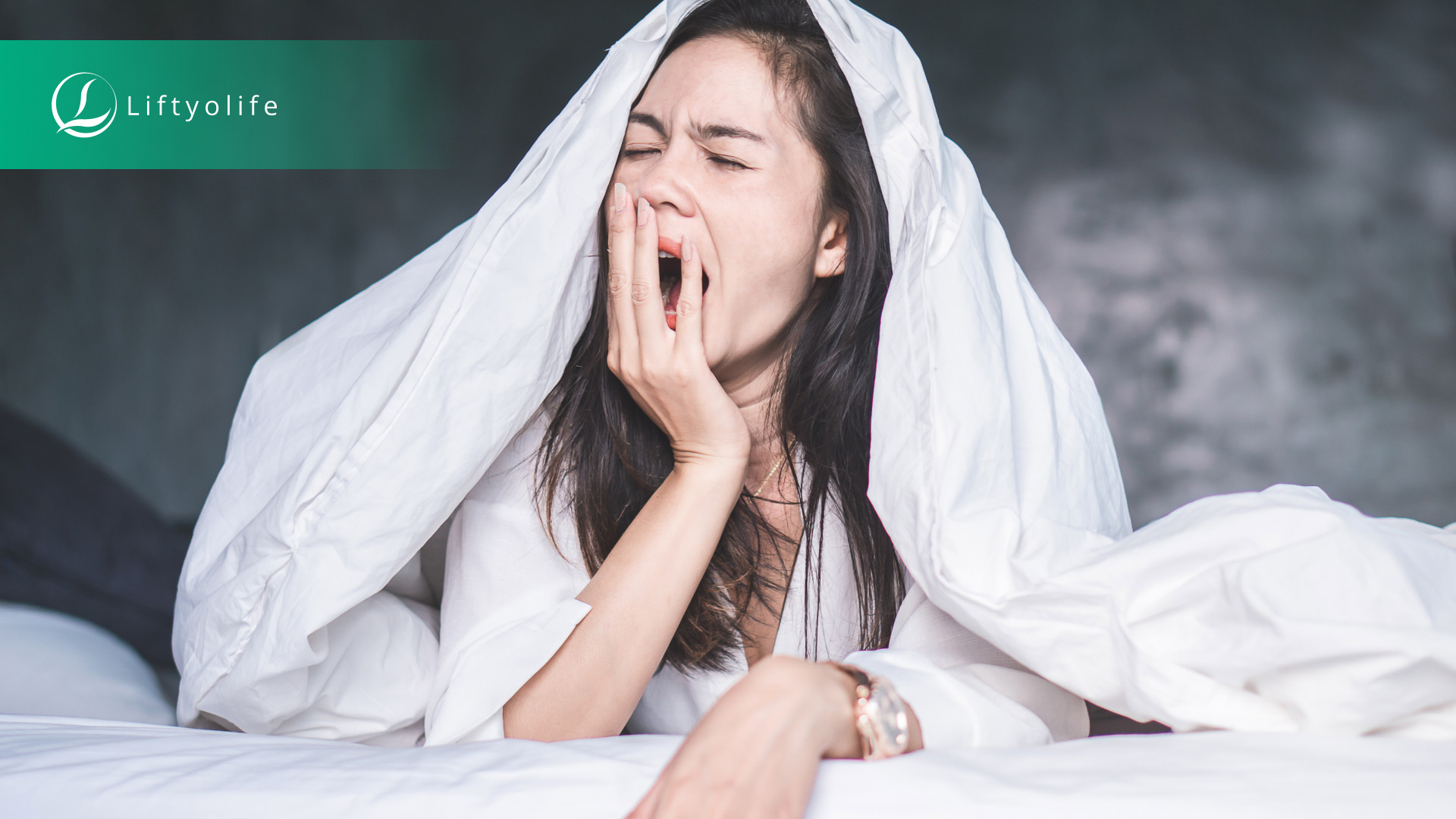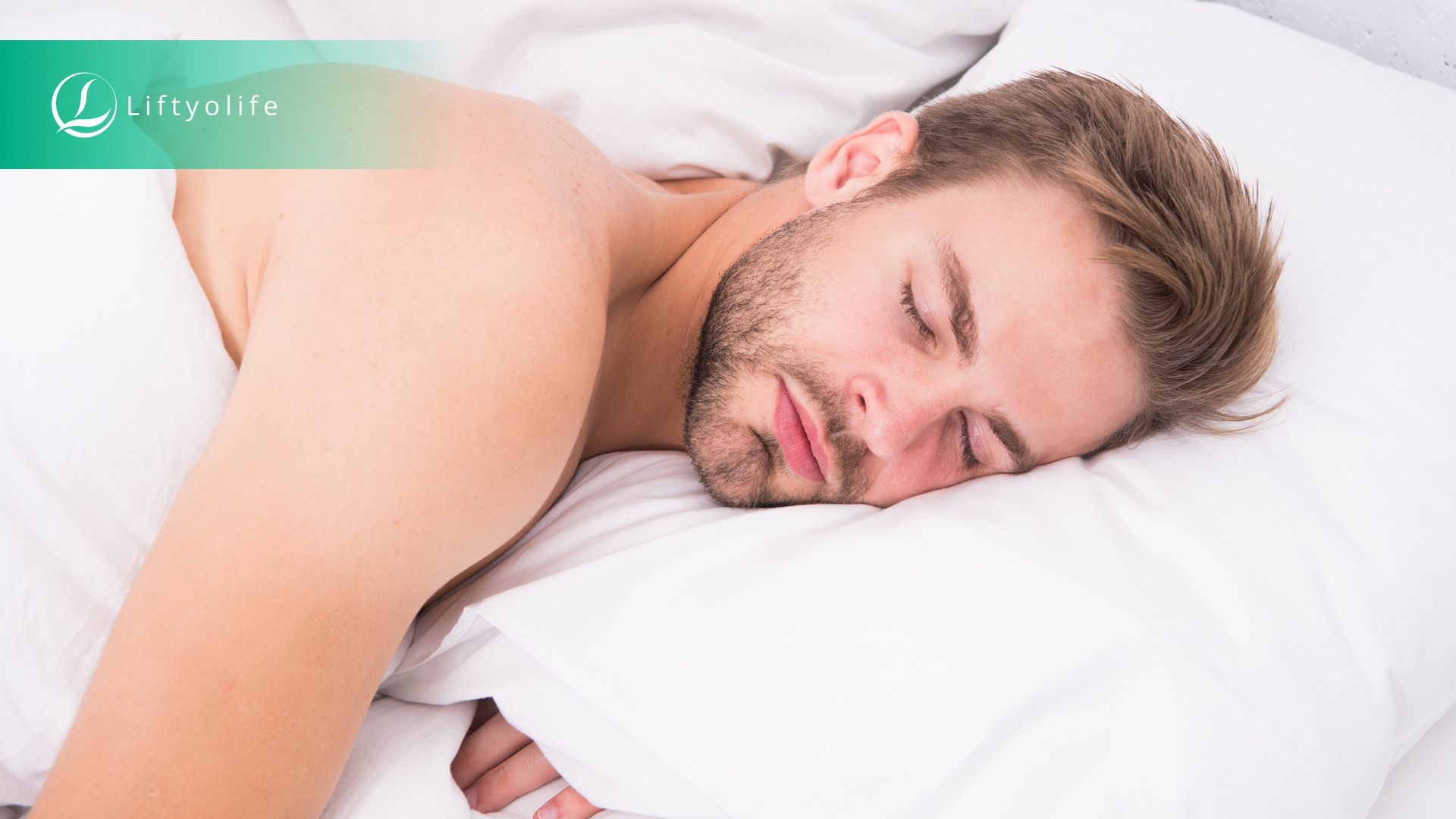Is Insomnia Genetic? 5 Minutes To Figure Out

Is insomnia genetic? Insomnia will destroy your health; you will be exhausted every morning after a long night cannot sleep well. Do your grandparents and parents always wake up in the middle of the night, or do they take a long time to fall asleep? That is why you are concerned about the inherited nature of the problem. Liftyolife (liftyolife.com) can now be your guide to learning everything you need to know about that terrifying nightmare. Don’t take your gaze away from this essay.
1. Is insomnia genetic?
First and foremost, we direct your attention to this single study. Abe and Shimakawa compared parents’ sleep patterns and their 3-year-old child in an early family study of insomnia. While the methodology is a little shaky, this study shows that the idea that insomnia runs in families is not new. Parents who did not sleep well as children tended to have children who slept similarly (1).
Researchers evaluate that heritability accounts for 31% to 58% of your chances of experiencing insomnia. Moreover, research indicates that you may be genetically predisposed to insomnia. However, you are not destined to suffer from insomnia due to your genes. Instead, specific genes may raise your chances. Other genes can also make them less prone to insomnia.
Insomnia has a genetic component, which is not surprising. Your genes also influence other aspects of sleep, such as how much sleep you require. Your chronotype, or whether you are an early bird or a night owl, is also influenced by genes.
2. Genetic testing for insomnia
At the moment, genetic testing for sleep traits is primarily used in research studies. Genetic testing for insomnia is not done in a clinical setting by doctors or sleep specialists. Instead, they diagnose insomnia in their patients based on a set of specific criteria outlined in the International Classification of Sleep Disorders.
The researchers started by looking for genetic markers of insomnia in fruit flies. Since then, they’ve discovered a plethora of genetic markers in humans as well. Multiple genes have been linked to insomnia in families, twins, and sizable genome-wide association studies (GWAS). A genome is a person’s unique set of genes, and GWAS examines the genomes of large groups of people.
Insomnia-causing genes are linked to the same processes that regulate your sleep-wake cycle and whether you feel awake or sleepy and relaxed. These genes have the potential to influence hormones and neurotransmitters involved in your circadian rhythms, such as serotonin, adenosine, and hypocretin/orexin.

Genetic testing for insomnia
2.1. Genes vs. gene expression
It’s essential to grasp the difference between your genes and gene expression to understand how your genes influence your likelihood of insomnia.
Genes are found in chromosomes, which can be found in the nucleus of almost every cell in the body. Each person has over 20,000 genes that help define the characteristics that define who they are. Genes are made up of DNA, which instructs your body to produce proteins and specifies what those should do to help you function.
The expression of your genes, in contrast, determines whether or not each set of instructions is in progress. For instance, in healthy sleep, the arousal system is inhibited via gene expression, allowing you to relax into sleep. However, the genes involved may not be expressed in people who have a genetic risk of insomnia. They may be unable to send a message to the appropriate neurons. As a result, your arousal system remains on high alert, and your brain may fail to calm down sufficiently to initiate sleep.
Consider the genetic risk of insomnia to be similar to the risk of diabetes. People with a diabetes family history should be more cautious about their diet, sugar intake, and other factors that may increase their risk of diabetes. Meanwhile, people with a family history of insomnia may need to be more cautious about training good sleep hygiene and taking preventative methods to avoid insomnia.
2.2. Additional genetic associations with insomnia
Large GWAS have found 57 to 248 genetic links between insomnia and sleep quality, duration, and timing (2). GWAS examines the genetic makeup of tens of thousands of people, allowing researchers to estimate how much an individual’s genes influence a specific trait.
They’ve also discovered:
Previously, researchers have known that women are more likely than men to suffer from insomnia. They now know that their genes may be partly to blame, as twin studies have revealed that women have a higher insomnia’s heredity than men.
Many conditions associated with insomnia, such as depression, attention deficit hyperactivity disorder (ADHD), restless leg syndrome, diabetes, and cardiovascular disease, may be influenced by the same genes that predispose a person to insomnia.
Insomnia is considered a hyperarousal disorder, and stress and insomnia are inextricably linked. Physical and emotional stress can agitate your body and make it difficult to fall asleep. Individuals who have genetic markers for insomnia may be more susceptible to the effects of stress.
3. Are your genes the cause of your insomnia?
Researchers have identified specific genes that may contribute to the development of sleep problems and a genetic link between insomnia and psychiatric disorders like depression or physical conditions like type 2 diabetes.
4. Insomnia is usually a symptom of a bigger problem
It is unusual for someone to suffer from insomnia on their own. Other health issues usually accompany it. Insomnia is comorbid with other severe disorders, which means it exists alongside other medical conditions even though it is classified as a disorder in and of itself. It is often a symptom of an underlying chronic disease that must be treated concurrently or before treating insomnia. Even common viral infections, such as the flu, can cause acute insomnia, a brief period of difficulty sleeping. In conclusion, chronic insomnia can be hereditary, resulting from more severe illnesses and diseases.
5. Sleep is an important part of your health
Because we all spend one-third of our lives sleeping, the importance of sleep is reinforced once more. We need at least 6-8 hours of sleep per day to recover from a long day at work and prepare for the next productive day.
In other words, sleep aids the body’s ability to repair, regenerate, and recover. This relationship extends to the immune system as well. According to some studies, getting more sleep can help the body fight infection.
6. Tips for better sleep

Tips for better sleep
6.1. Transform your bedroom environment
The more comfortable your sleeping environment is, the better your sleep. Your bedroom can assist you in getting in the mood for sleep. Make it as dark, cool, and quiet as possible, calm and serene as well. You could repaint the walls a soothing color. Remove all clutter, turn off your phone notifications and any stress-related reminders.
6.2. Create a calming bedtime routine
Many insomniacs are hyper-aroused, which means their emotions, nervous systems, or other overactive physiological systems. Do heavy exercises or spend a long time on your laptop before going to bed, for example (too close to bedtime, around 1 hour). These harmful factors can keep you awake at night or prevent you from diving into sleep. You can cue your brain that it’s time to sleep and relax your body and mind by following a calming bedtime routine. Include calming activities such as bathing, meditating, stretching, reading, journaling, or coloring.
6.3. Avoid sleep-disturbing behaviors
Your mind must be completely relaxed before falling asleep, which is why you should cut off and remove all sleep-disturbing things and behaviors to ensure a restful night’s sleep.
Alcohol (3), caffeine (4), and tobacco (5) impact sleep quality, including your ability to fall and stay asleep. Studies have shown caffeine to disrupt sleep even when consumed six hours before bedtime. Therefore, you should reduce your consumption of these substances, particularly in the afternoon and evening.
Similarly, using digital devices in the hours before bed can keep you awake at night and eventually lead to sleep deprivation symptoms. Turn off your phone, TV, and computer an hour or two before bedtime, and in the evening, turn on your smartphone’s blue light blocking filter to give your eyes a rest.
6.4. Get exercise and sunshine
Do you realize that in case you worked a lot one day and were exhausted at the end of the day, you would quickly fall asleep at night? That can happen more frequently if you physically exhaust your body. Suppose you work as an office worker and are sedentary during working hours; a regular exercise routine (6) is an excellent choice to improve your sleep quality. If possible, do your exercise outside, early in the morning, or during the day. Morning sunlight (7) can also improve your sleep and mood by influencing your circadian rhythm.
Is insomnia genetic? The answer is yes; according to the studies above, genetic factors influence sleep quality. However, you can improve that quality by figuring out various clever ways to facilitate falling asleep. Furthermore, insomnia is an important signal from your body that something is wrong. Let’s listen to our body and find an appropriate and timely therapy to assist it in overcoming the diseases. Liftyolife (liftyolife.com) is here to provide you with an authentic source of health and beauty information. Don’t forget to subscribe to us now.







